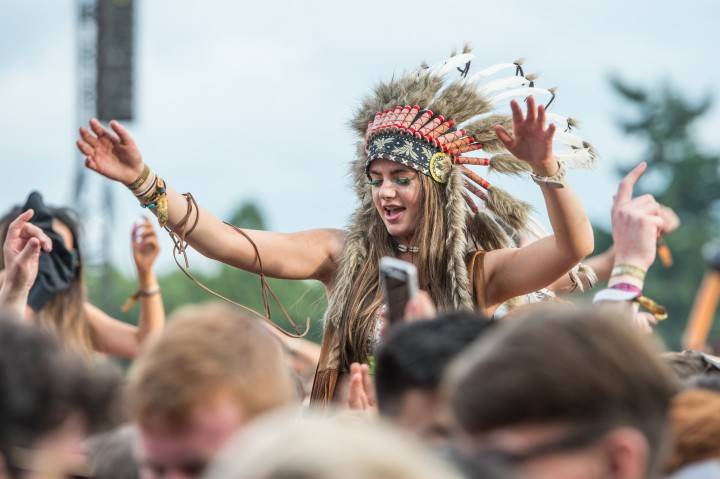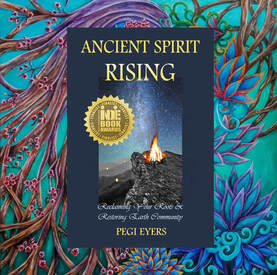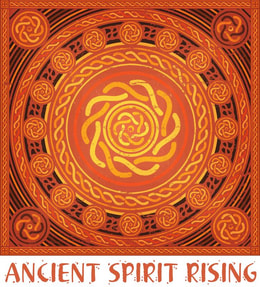An excerpt from the article "Indigenous Peoples: Key Trends that Affect their Development" Part 2, by Yulia Nesterova, Research Fellow, University of Glasgow. Published in Impakter Magazine, September 28, 2017.
Cultural Appropriation
Another issue is the appropriation of Indigenous cultures – which non-indigenous people disrespect, misuse, and misrepresent. Cultural appropriation happens when a fashion, fine art or entertainment industry uses traditionally Indigenous sacred items and patterns (headdresses, clothing patterns, etc.) to make a profit. High-end fashion houses have been accused of abusing Indigenous beading, feathering, and other sewing techniques without any consent from Indigenous groups.
Cultural appropriation is not only a big business for Chinese factories or western fashion houses, however. It is an identity theft by non-indigenous individuals who imagine themselves as "tribal," "awake," and "spiritual" by wearing Native American headdresses, putting on "tribal" makeup, donning "Indigenous" jewelry and clothing, or living in a tipi during some sort of "spiritual" festival.
As Pegi Eyers describes it, it’s an act of racism to use Indigenous cultural markers. Not long ago Indigenous people were killed for using them, and it interferes with currrent Indigenous attempts at “resurgence and sovereignty.” Pegi Eyers explains that "cultural appropriation dominates how oppressed groups present themselves to the world, and undermines their efforts to preserve their own traditions."
This year, the World Intellectual Property Organization (WIPO), an agency under the UN, was asked to develop “effective criminal and civil enforcement procedures” to stop the cultural appropriation of Indigenous heritage. It seems that open letters to non-indigenous people and other attempts to stop this cultural, spiritual, and identity theft aren’t helpful, and legal measures need to be taken to protect Indigenous communities from such abuse.
On the downside, it is clear that Indigenous people still have a long way to go to achieve full recognition. But, on the upside, the good news is that general awareness of their plight has been raised and that the road to achieve justice for them has been traced. It now needs to be taken.
YULIA NESTEROVA
"Indigenous Peoples: Key Trends that Affect their Development" Part 2, by Yulia Nesterova, Research Fellow, University of Glasgow, published in Impakter Magazine, September 28, 2017. Access the full article >here<
| Pegi Eyers is the author of Ancient Spirit Rising: Reclaiming Your Roots & Restoring Earth Community, an award-winning book that explores strategies for social justice, uncolonization, ethnocultural identity, building land-emergent community & resilience in times of massive change. Available from Stone Circle Press or Amazon |




